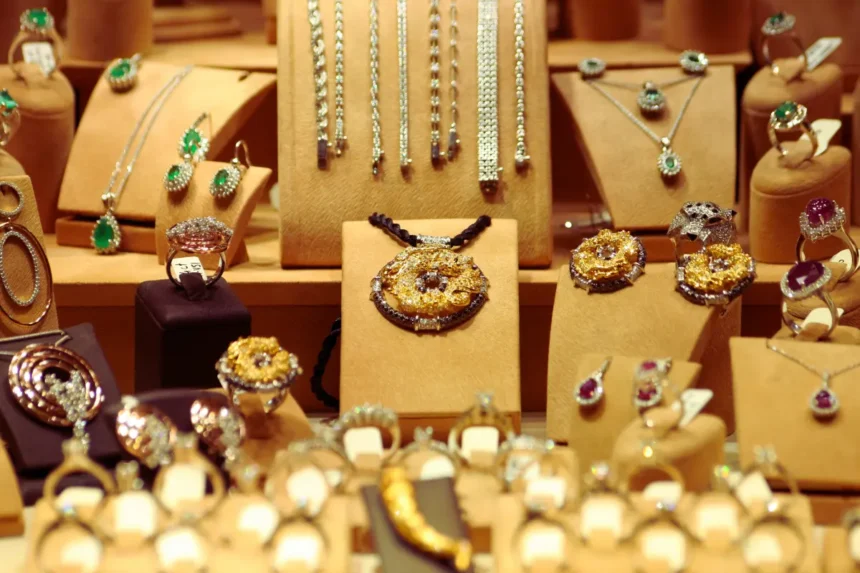Lagos, Nigeria — A Lagos-based jeweller, Uzondu Precious Chimaobi, has been sentenced to four years in prison by the Federal High Court in Ikoyi for refusing to accept the Nigerian Naira in a commercial transaction, an act deemed unlawful under the Central Bank of Nigeria (CBN) Act, 2007, according to a report by Vanguard.
Justice Alexander Owoeye delivered the ruling after the defendant, initially pleading not guilty, reversed his plea to guilty during the court’s session on April 14, 2025.
The Economic and Financial Crimes Commission (EFCC), through its Lagos Zonal Command, brought a two-count charge against Chimaobi, who operates Unlimited Jewellers Limited, a luxury jewelry store located in Atlantic Mall, Chevron Drive, Lekki.
In its investigation, the EFCC uncovered that the businessman conducted business exclusively in U.S. dollars. On December 10, 2024, an undercover EFCC officer posed as a customer and purchased a Cartier diamond bracelet—tagged at $6,000, but sold at $5,700—with the payment made in U.S. dollars. The business categorically refused Naira, which is in violation of Nigerian monetary law.
Lead witness and EFCC operative, Owolabi Oyarekhua Jude, testified that intelligence had exposed the store’s foreign-currency-only policy, prompting a covert operation. The transaction confirmed that receipts were also issued in dollars, further breaching the provisions of Section 20 of the CBN Act.
Upon the defendant’s guilty plea, EFCC prosecutor H.U. Kofarnaisa asked the court to adopt the earlier witness testimony as evidence for conviction.
This judgment reaffirms the Central Bank of Nigeria’s stance on the exclusive legal tender status of the Naira. However, the ruling also raises broader questions around consistency in enforcement, especially as some major corporations—such as the Dangote Refinery, have recently announced a temporary suspension of Naira-based sales, citing operational challenges tied to crude procurement in U.S. dollars. While the refinery emphasized that its decision is temporary and conditional on crude allocations, the disparity in legal consequences continues to stir public discourse on regulatory fairness in Nigeria.















